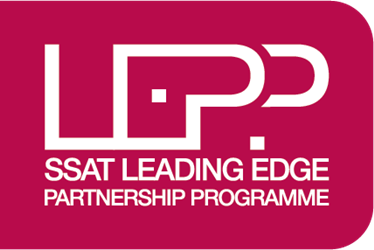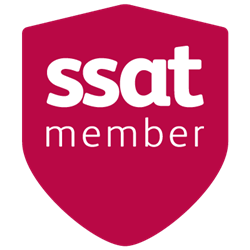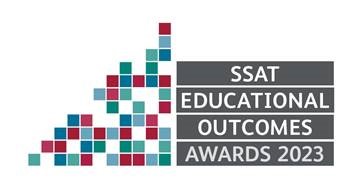A Level Chemistry
Entry Requirements:
Grade 7 in GCSE Chemistry and Biology or Physics
Grade 7-7 in GCSE Combined Science
Grade 7 in GCSE Mathematics
Grade 5 in GCSE English Language
Preferably studied in conjunction with Biology, Physics or Mathematics
Exam Board: OCR Specification A
Course content:
Year 12 Topic 1: Practical skills assessed in a written examination
Topic 2: Atoms, compounds, molecules and equations
Topic 3: Amount of substance
Topic 4: Acid-base and redox reactions
Topic 5: Electrons, bonding and structure
Topic 6: The periodic table and periodicity
Topic 7: Group 2 and the halogens
Topic 8: Quantitative analysis
Topic 9: Enthalpy changes
Topic 10: Reaction rates and equilibrium (qualitative)
Topic 11: Basic concepts in organic chemistry
Topic 12: Hydrocarbons
Topic 13: Alcohols and haloalkanes
Topic 14: Organic synthesis
Topic 15: Analytical techniques (IR and MS)
Year 13
Topic 16: Reaction rates and equilibrium (quantitative)
Topic 17: pH and buffers
Topic 18: Enthalpy, entropy and free energy
Topic 19: Redox and electrode potentials
Topic 20: Transition elements
Topic 21: Aromatic compounds
Topic 22: Carbonyl compounds
Topic 23: Carboxylic acids and esters
Topic 24: Nitrogen compounds
Topic 25: Polymers
Topic 26: Organic synthesis
Topic 27: Chromatography and spectroscopy (NMR)
Assessment:
Internal Mock Assessment in Year 12
Paper 1: Breadth in chemistry 1 hour 30 minutes (written paper) Questions: This paper will examine topics 1-15 The paper may include multiple-choice, short open, open-response and calculations.
Paper 2: Depth in chemistry 1 hour 30 minutes (written paper) Questions: This paper will examine topics 1-15 The paper may include multiple-choice, short open, open-response and calculations and extended writing questions.
Assessment by public examination in Year 13
Paper 1: Periodic table, elements and physical chemistry 37% of A level (100 marks) 2 hours 15 minutes (written paper) Questions: This paper will examine topics 1-10 and 16-27. The paper will include synoptic questions that may draw on two or more different topics listed.
Paper 2: Synthesis and analytical techniques 37% of A level (100 marks) 2 hours 15 minutes (written paper) Questions: This paper will examine topics 1-15 and 21-27. The paper will include synoptic questions that may draw on two or more different topics listed.
Paper 3: Unified chemistry 26% of A level (70 marks) 1 hour 30 minutes (written paper) Questions: This paper will examine topics 1--27. All papers may include short open, open-response, calculations and extended writing questions.
Career value
Chemistry is a necessity for those wishing to study medicine, veterinary science, pharmacy, forensics and biological subjects at university. It is an excellent subject to compliment Physics and Mathematics for those wishing to study engineering. Key skills as well as covering advanced level study of Chemistry, this course will enable you to develop the following key skills which will be essential to you whatever progression route you choose: · Communication · Application of numbers · Information Technology · Working with others and independently · Problem solving







